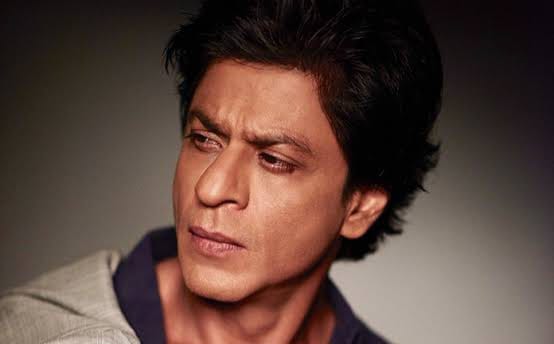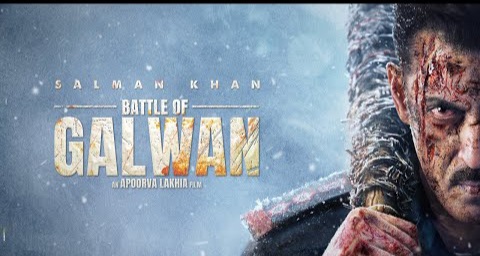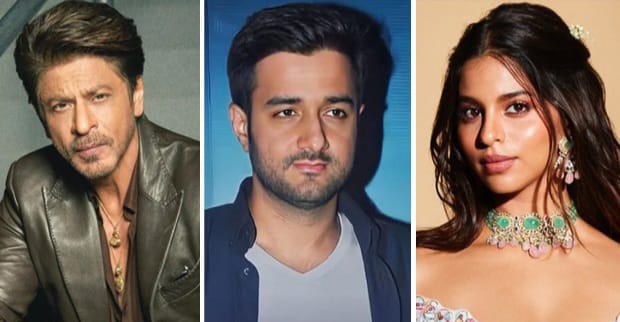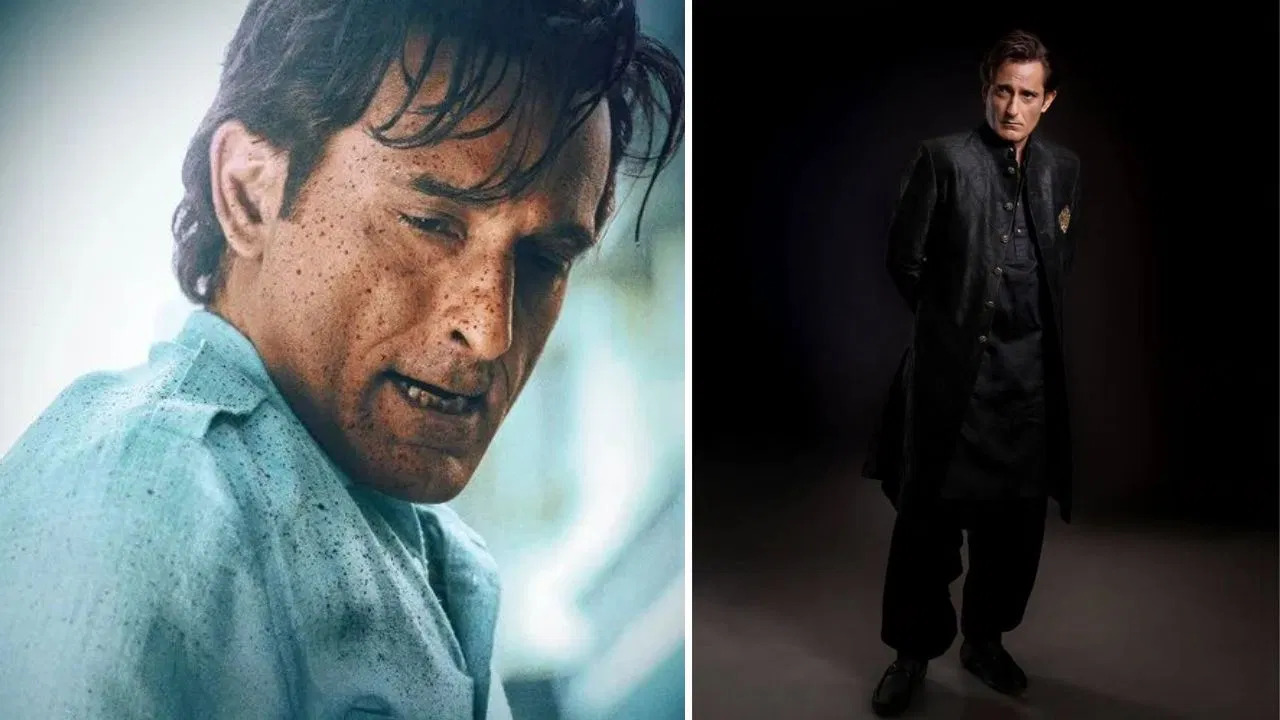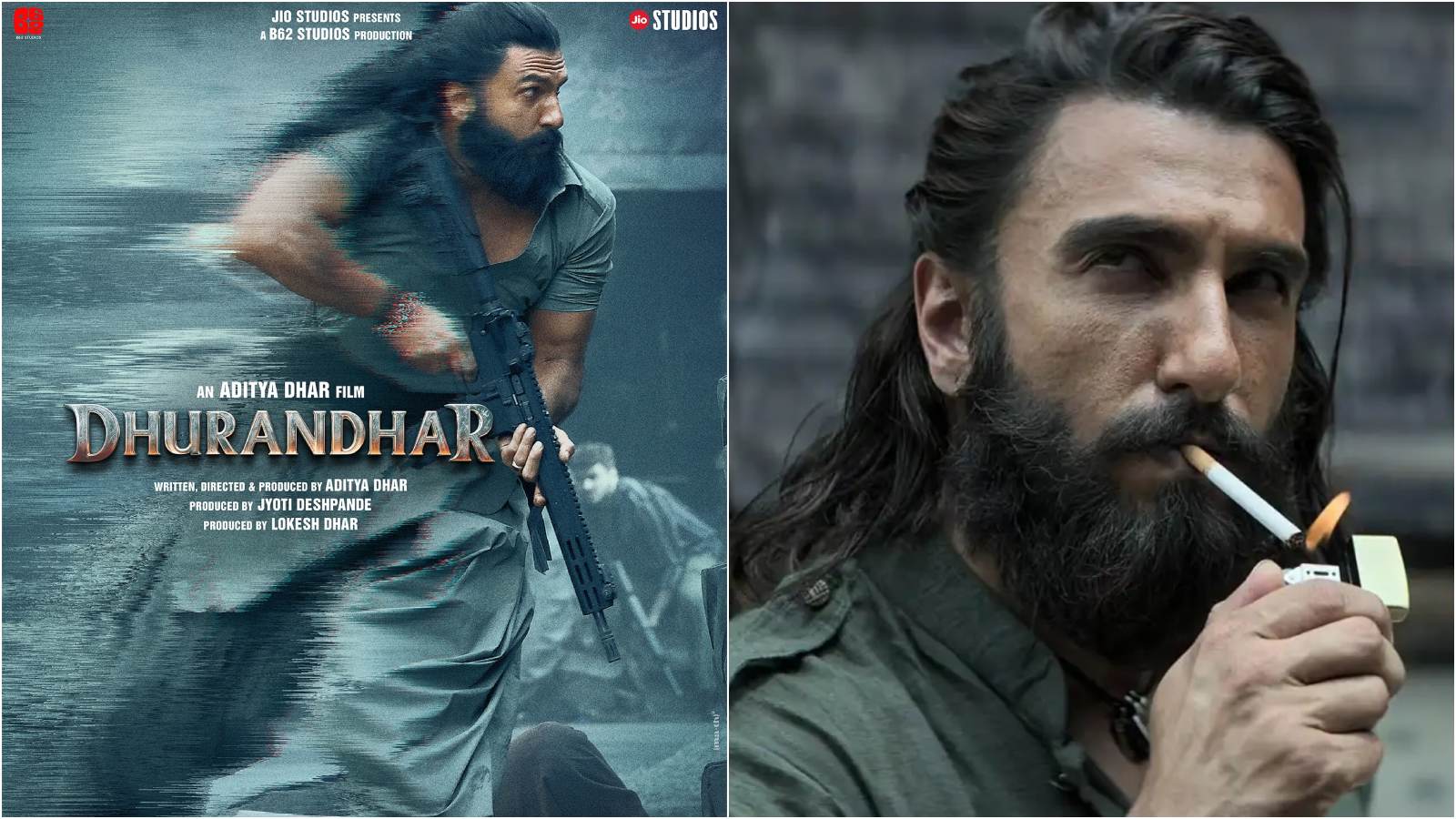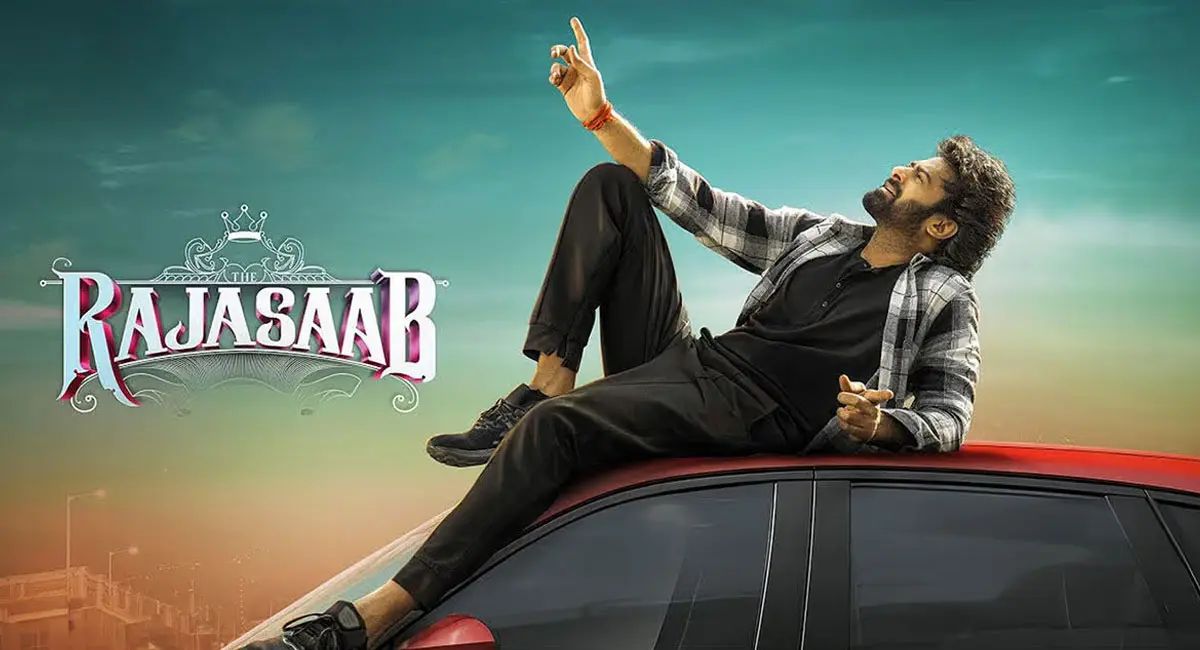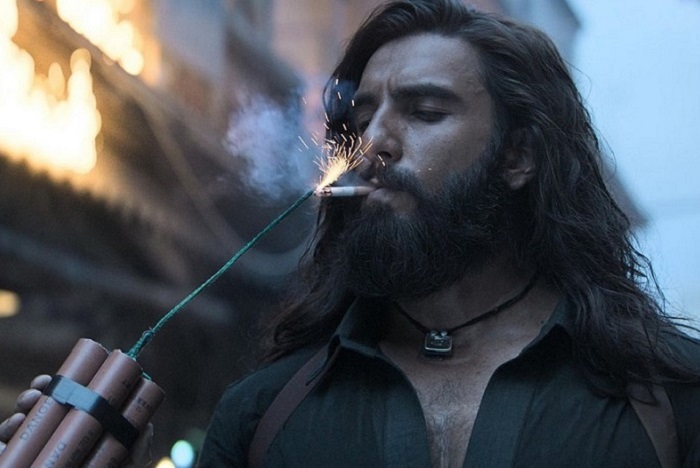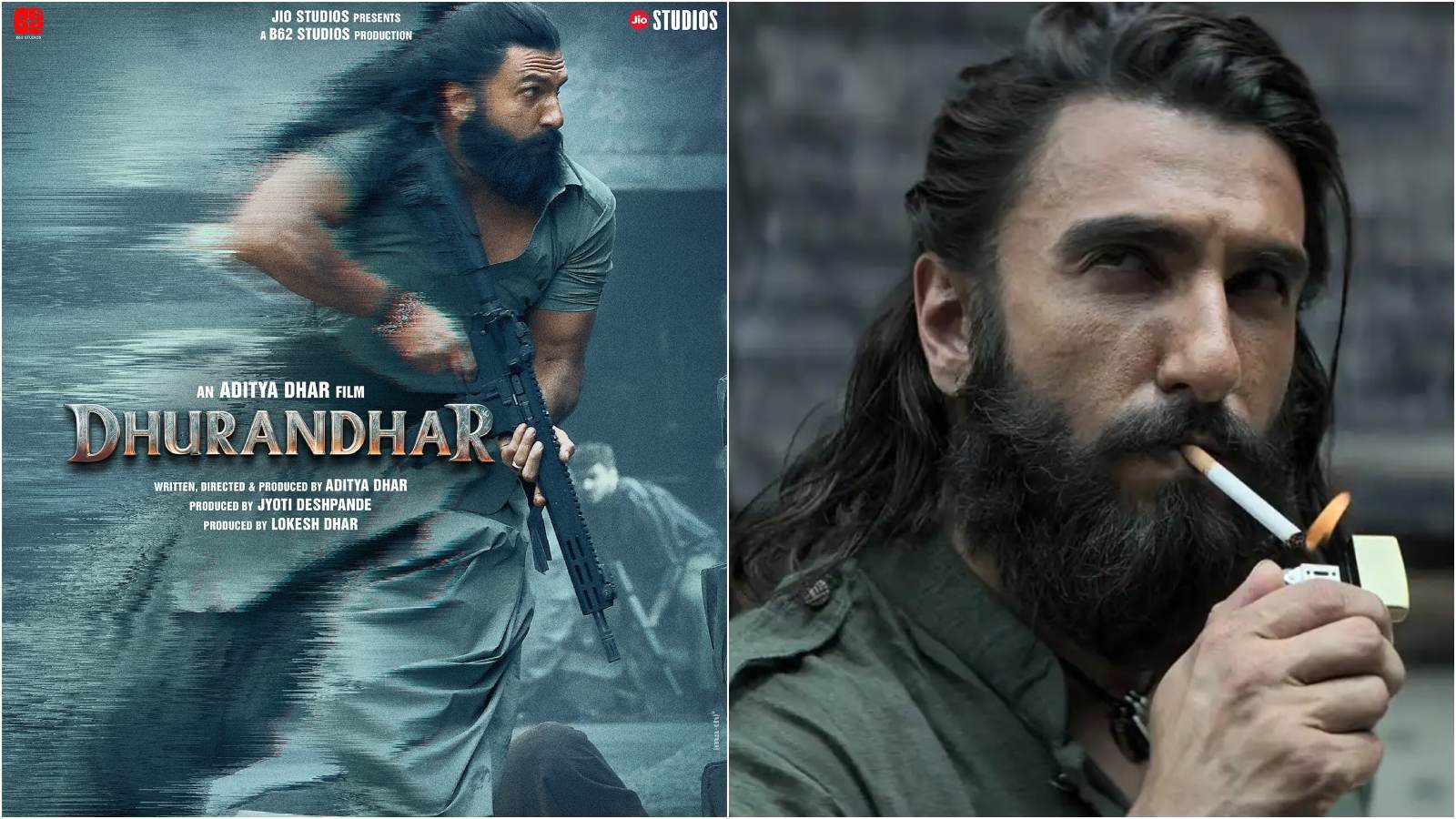The Evolution of Shah Rukh Khan: From Delhi’s Dreamer to the Global King of Hearts
The Boy Who Dreamed Beyond Limits
Every generation has an icon, but once in a lifetime, someone redefines what it means to dream.
Shah Rukh Khan, born on 2 November 1965 in New Delhi, wasn’t born into fame or fortune. He was born with determination, wit, and a fire to turn imagination into destiny.
An alumnus of St. Columba’s School, where he won the coveted “Sword of Honour,” SRK was as brilliant in sports as he was in academics. He later graduated in Economics from Hansraj College and began a master’s in Mass Communication at Jamia Millia Islamia before life steered him towards acting.
For a boy who once mimicked film stars in Delhi’s theatre circles, Mumbai was a distant planet, yet one he was destined to conquer.
The First Spark: Television’s Rising Star
Before the world knew his name, India saw his eyes, curious, intense, and full of emotion.
In “Fauji” (1988), Shah Rukh played Abhimanyu Rai, a charismatic young army cadet. The show’s success made him a household name, and follow-ups like “Circus” (1989) and Wagle Ki Duniya cemented his screen presence.
The small screen couldn’t contain his energy for long. His ambition, raw and restless, was ready for a bigger stage.
A New Kind of Hero: The Mumbai Leap
When SRK arrived in Mumbai in the early 1990s, Bollywood heroes were larger-than-life, invincible, flawless. Shah Rukh broke the mould.
His debut film, “Deewana” (1992), was a hit, earning him the Filmfare Award for Best Male Debut. But what followed was revolutionary, roles that flirted with darkness and obsession in “Baazigar” (1993), “Darr” (1993), and “Anjaam” (1994).
He didn’t just act; he challenged conventions. In an era that worshipped ideal heroes, he made flaws fashionable, and audiences couldn’t look away.
The Reign of Romance: When India Fell in Love
Then came 1995, and with it, Dilwale Dulhania Le Jayenge.
It wasn’t just a film; it was an era-defining moment. As Raj Malhotra, Shah Rukh became the face of love for an entire generation. The film still runs at Mumbai’s Maratha Mandir, nearly three decades later, an unbroken record in cinematic history.
He followed it with a golden run: “Dil To Pagal Hai” (1997), “Kuch Kuch Hota Hai” (1998), “Mohabbatein” (2000), and “Kal Ho Naa Ho” (2003).
Each role carried his signature, charm mixed with vulnerability, humour woven with heartbreak.
SRK didn’t just play the romantic hero; he became the language of love in Indian cinema.
The Thinker and the Transformer
By the mid-2000s, the superstar evolved into an artist with purpose.
In “Swades” (2004), he portrayed an NRI scientist rediscovering his homeland. “Chak De! India” (2007) turned him into a national symbol of leadership and unity. And in “My Name Is Khan” (2010), he gave the world a human story about faith, identity, and empathy.
Each of these roles revealed something deeper: a star who wasn’t afraid to reflect, question, and grow.
Beyond the Screen: The Empire Builder
In 2002, Shah Rukh and Gauri Khan founded Red Chillies Entertainment, which evolved into one of India’s leading production and VFX studios.
Under his vision, Red Chillies set new benchmarks with films like Main Hoon Na, Om Shanti Om, Chennai Express, and the groundbreaking Ra.One.
He also stepped into sports ownership with the Kolkata Knight Riders (KKR), a franchise that became synonymous with entertainment, excellence, and his infectious spirit.
Global Recognition: The Face of Indian Cinema
Shah Rukh Khan’s stardom transcends geography.
He has been honoured with India’s Padma Shri (2005), France’s Ordre des Arts et des Lettres (2007), and the prestigious Légion d’Honneur (2014).
He’s been featured in TIME’s 100 Most Influential People and listed by Forbes among the world’s richest and most powerful actors.
In countries where Hindi isn’t spoken, his name is whispered in admiration by fans from Germany to Egypt, from Indonesia to Peru.
The Comeback of a King
After a quiet period post-2018, many wondered if SRK’s magic had dimmed. Then came 2023, and the world bowed once again.
With “Pathaan” and “Jawan”, he didn’t just reclaim the box office, he reclaimed the throne.
Together, the films grossed over ₹2000 crore globally, making him the only Indian actor to headline two all-time blockbusters in a single year.
More importantly, his comeback proved that charisma doesn’t age, it matures.
The Heart Behind the Stardom
Off-screen, Shah Rukh Khan embodies grace and generosity.
Through his Meer Foundation, he supports acid attack survivors, underprivileged children, and disaster relief initiatives. He’s received global honours from UNESCO and the World Economic Forum (2018) for his humanitarian work.
Behind the glamour stands a man of empathy, a quality as rare as his superstardom.
At 60: A Living Legacy
As Shah Rukh Khan turns 60, his story remains Bollywood’s greatest inspiration.
He’s not just an actor, he’s a dream that millions relate to. A man who turned rejection into resilience, pain into poetry, and cinema into emotion.
Even after three decades, he stands not as a relic of the past but as a reigning symbol of hope, love, and reinvention.
“I’m not the best, but I try to be better every day.” Shah Rukh Khan
And perhaps that’s why from Delhi’s theatre stages to the world’s grandest arenas, the boy who once dreamt of fame didn’t just achieve it.
He defined it.
